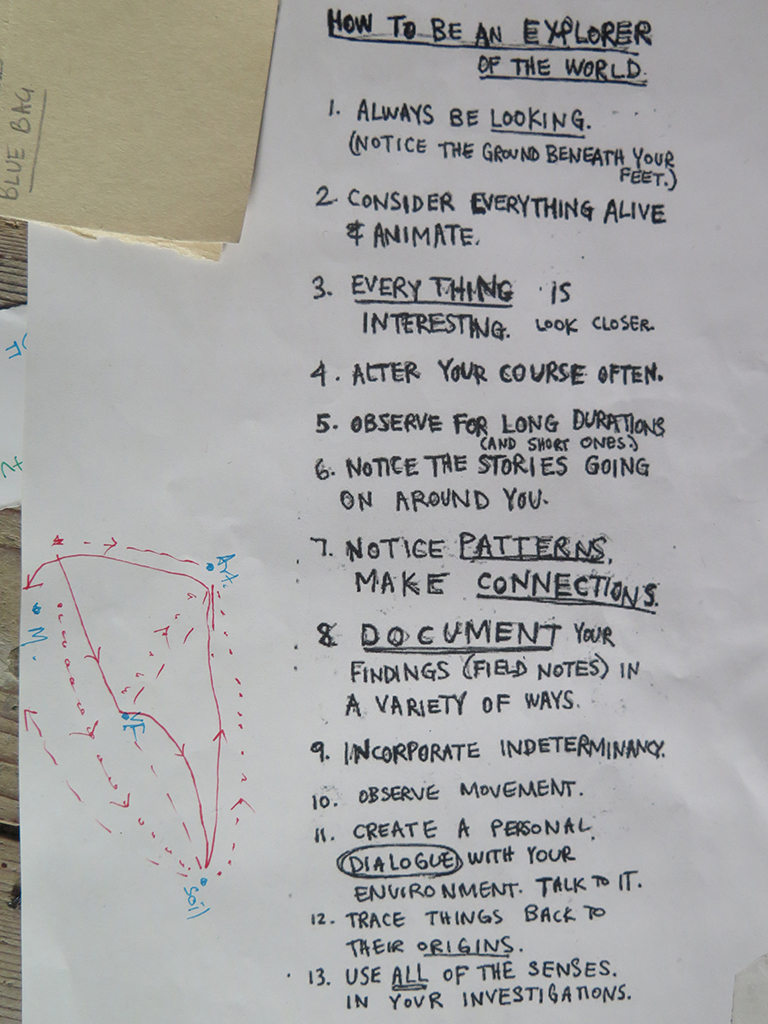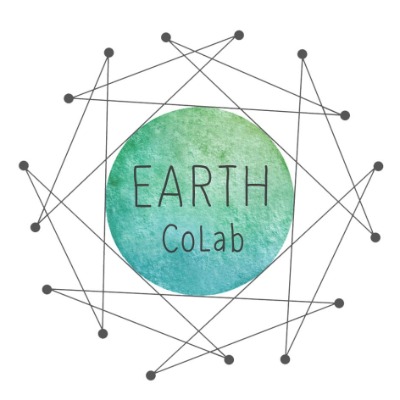What is it about wetlands, both tidal and fresh, that creates a sense of mystery? Culturally and historically, they are reputed to be impenetrable and treacherous and are perceived as wastelands, dwelling grounds of mythical creatures and places of decay. From the urban point of view, or for people who briefly visit forests and coasts, the life and seductive lure of swamps is often not apparent. And thus, one of the most productive systems on the planet — with its continuous cycle of decomposition, filtration, buffering, sheltering and creating new life — is frowned upon as an unpleasant wasteland. The wetland system is permanently in flux; dynamism and change is a daily affair. Like light and dark, there is wet and dry.
‘Swamp Storytelling’ is a collaborative project between EARTH CoLab and Art Lab Gnesta. The 2016 – 2017 chapter is being supported by a partnership with the Swedish Institute. The project investigates the wetlands of India and Sweden, which are culturally perceived to be wastelands, grounds of mythical creatures in folklore and places of decay.
Straddling the border between Science and Art, the project aims to bring deeper insight into contemporary art production, socio-political thought processes and scientific methods. Through Swamp Storytelling, boundaries of the artistic process are pushed and made to blend seamlessly with different ways of viewing an ecosystem. This collaborative approach brings together multiple perspectives and expertise to focus on wetlands and their ecological significance.
Through an inter-disciplinary approach, we are experimenting with multiple mediums of documentation, intervention and collaboration to explore wetland systems. We are working towards answering the following questions through artistic, scientific and pedagogical practices:
- Can we influence collective memory by helping children experience wetlands through new lenses?
- How are perspectives shared and altered when we invite artists to use swamplands as their field-based studios?
- How can ecological monitoring of these natural laboratories be part of everyone’s life rather than be confined to scientists’ alone?
We hope to have a Swamp Biennale in India in 2017 that brings together a range of scientific and artistic works on wetland systems. This will also be a platform for residency candidates to showcase the work they have developed through Swamp Storytelling. This is envisioned to be a series of ‘place-based’ workshops, presentations, discussions and open explorations at our field sites.
Sites:
- Wandoor, Andaman and Nicobar Islands (mangrove)
- Neil Island, Anadaman and Nicobar Islands (intertidal)
- Ousteri Lake, Puducherry (fresh water lake)
- Veerampatinam, Puducherry (tidal swamp)
- Coorg, Karnataka (river)
- Gnesta, Sweden (mire)
- Karlstad, Sweden (lake)
Practitioners:
- Umeed Mistry: photography, videography, education
- Pooja Gupta: film, illustration, education
- Savita Vijayakumar: social-political and governance
- Tasneem Khan: ecology, education, photography
- Shreyasi Kar (2016): physical computing, electronics and creative gadgetry
- Signe Johannessen: metaphorical interpretation
- Erik Roren: process documentation & logistics
- Caroline Marlstrom: writing & curating
- Peter Olsen: sound documentation
- Ingela Irhman (2015): texts and fabric sculpture inspired from intertidal swamps and giant clams
- Mikael Lindhal (2014): film and story collecting from mangrove swamps
- Zeenat Nagri (2016): art history and curating a field based residency
- Jennifer Rainsford (2017): debris, stories, film
- Hans Rydberg (2015): botany and taxonomy
- Bjarne Tutturen (2016): Regional Wetland Expert
Youth Involvement: over 200 students
Public Engagement Initiatives:
- Pleinair: open day for researchers, artists and the local community in the Gnesta Swamp
- Swamp Tuner Workshop: a workshop on biosensors and making music from ecological data
- Filming of an experimental film on creative exploration: the process and methods of research and documentation in a temperate wetland. (screening is planned for 2017)
- ‘The Mangroves’: an educational film for middle school students
- Swamp Biennale in Gnesta: artist presentations







